Part of the Solution, Not Pollution
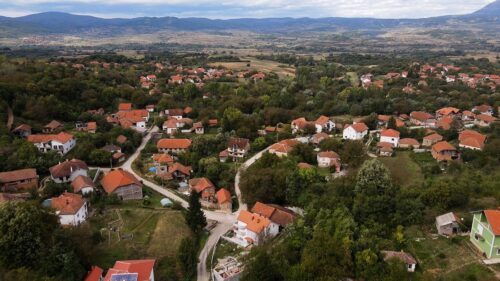
Nestled between two lush mountains with flowing rivers and mineral springs lies Sokobanja, a picturesque town in southeastern Serbia. Its rich cultural history and natural spas make Sokobanja a popular place to vacation for rest and relaxation.
Yet, despite being marketed as an ecotourism destination, only two of Sokobanja’s 24 villages collect garbage in an organized fashion.
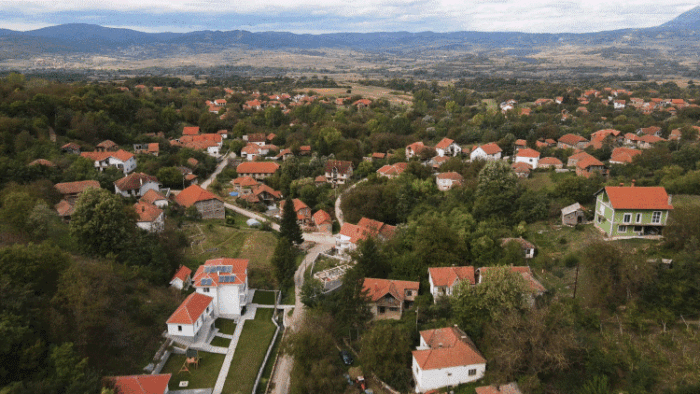
Vladan Dimitrijević is president of the Sokobanja Ecological Society, a group formed in 2019 by community activists. The group estimates about 300 tons of garbage from neighboring villages on the outskirts of Sokobanja are dumped in illegal landfills each month.
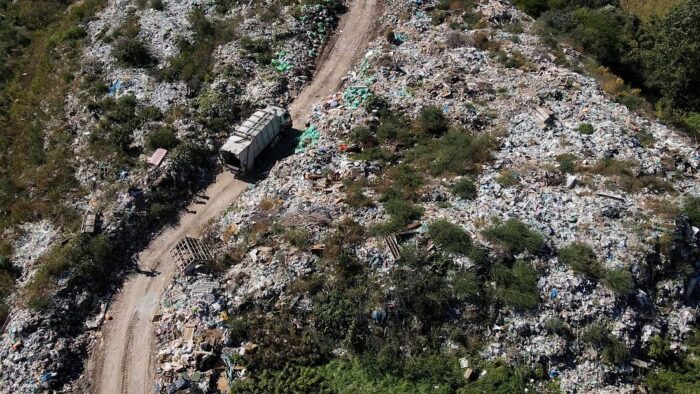
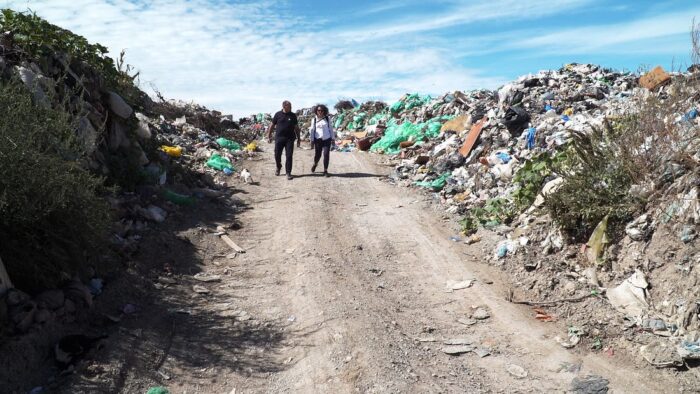
“What we noticed at the very beginning of [our] work is that we have a very large number of wild landfills that are spread all over the municipality of Sokobanja, endangering the living world and people’s health,” Vladan said.
As a natural next step, with the help of more than 100 citizens and USAID support, the Sokobanja Ecological Society found the locations of the municipality’s 103 illegal landfills and recorded their GPS coordinates on a map.
“We started dealing with waste management, because we simply realized that it is the main problem of our community,” Vladan said.
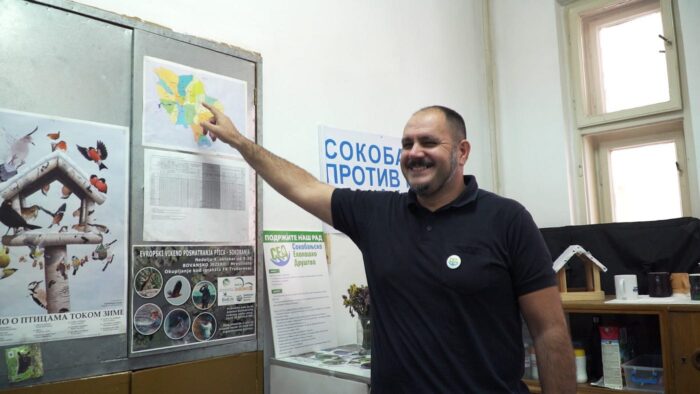
USAID’s Local Works program, which centers citizen involvement in development work, supported the Ecological Society over the past three years with three grants and mentorship to help them lead and implement their plan to end illegal dumping and establish 15 new waste management sites.
USAID’s support also helped them to gather citizens, experts, and representatives of the local government to ensure that the plan worked for everyone. All 24 villages in Sokobanja have adopted the plan.
USAID began the Local Works program in Serbia under the premise that citizens were simply not involved enough in the country’s development. The team set out to shift development leadership from national institutions to the local level–supporting more than 70 locally led development activities responding to local priorities.
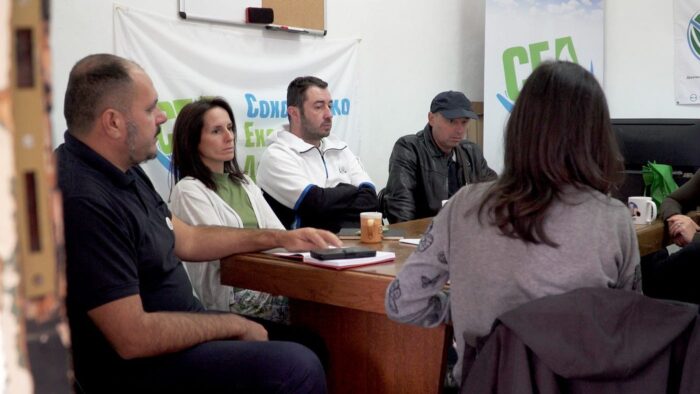
Ultimately, they found there was an appetite for citizen engagement and local philanthropy–just not in the space or at the level USAID was initially looking.
Since 2015, more than 35 USAID Missions have been advancing locally led development through USAID’s Local Works program. Serbia was one of the first four USAID Missions competitively selected to take part in the program. Their program supports locally led initiatives that address government accountability, private sector engagement, philanthropy, and rule of law.
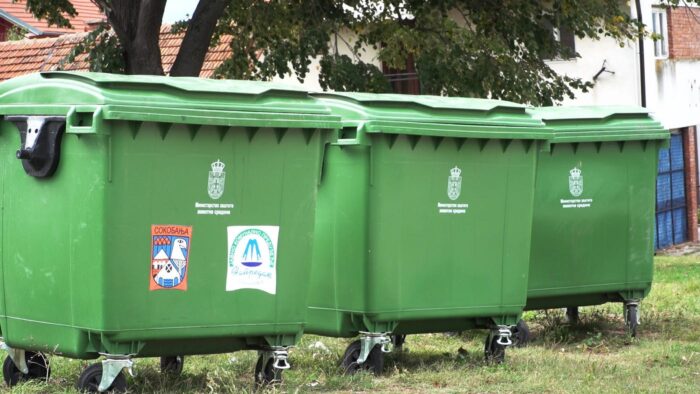
In Sokobanja, the Ecological Society envisions expanding beyond the municipality, sharing their sustainable solid waste management model with neighboring municipalities to encourage more environmentally friendly waste management practices across Serbia.
We encourage citizens to take care of their community through joint efforts. To be the change they want to see. To ensure the sustainability of this country and everything beautiful that exists in it.
— Jelena Avramovic, program manager at USAID’s Mission in Serbia

